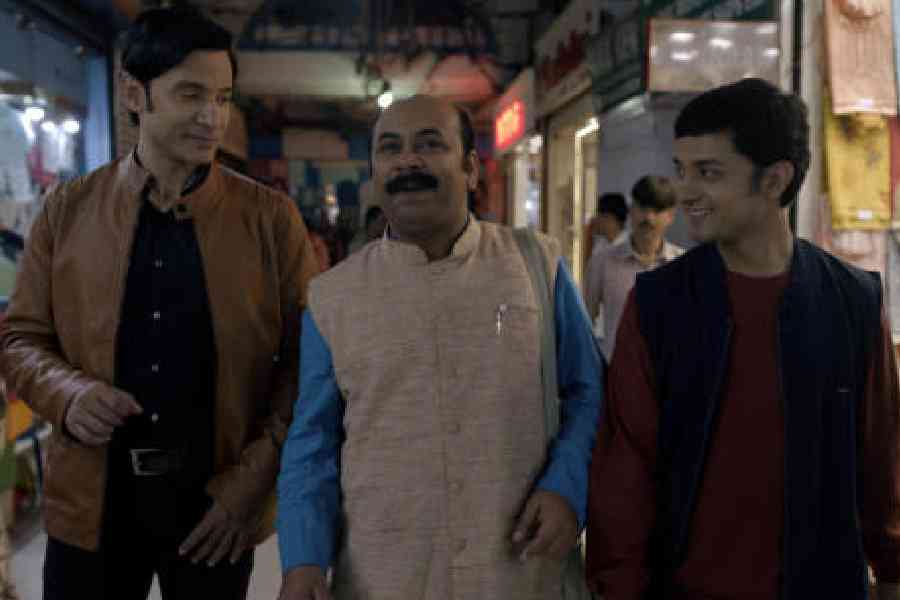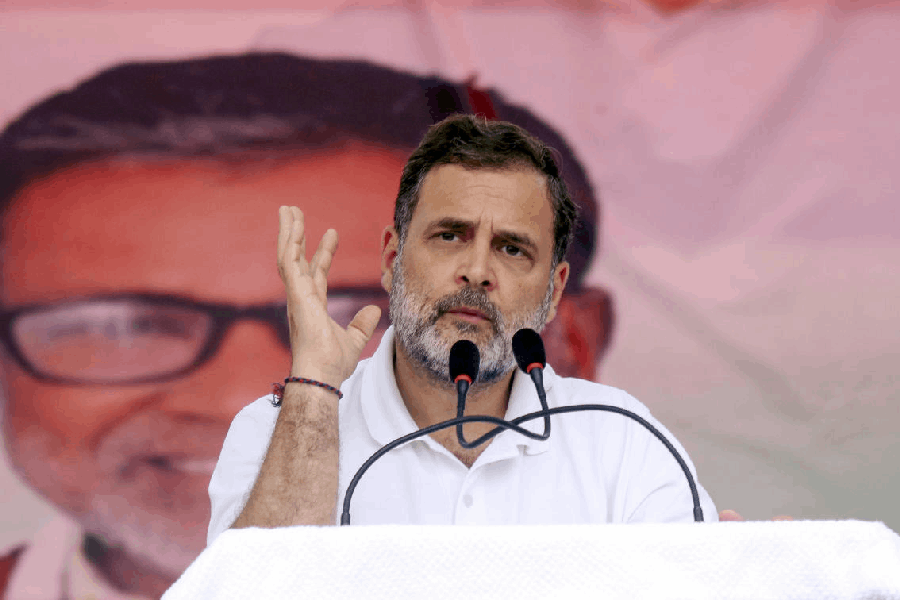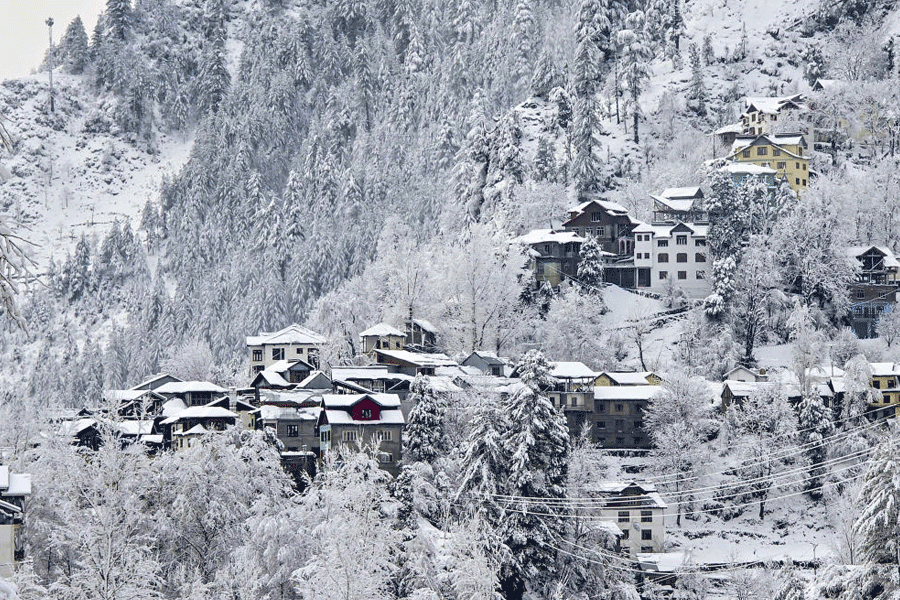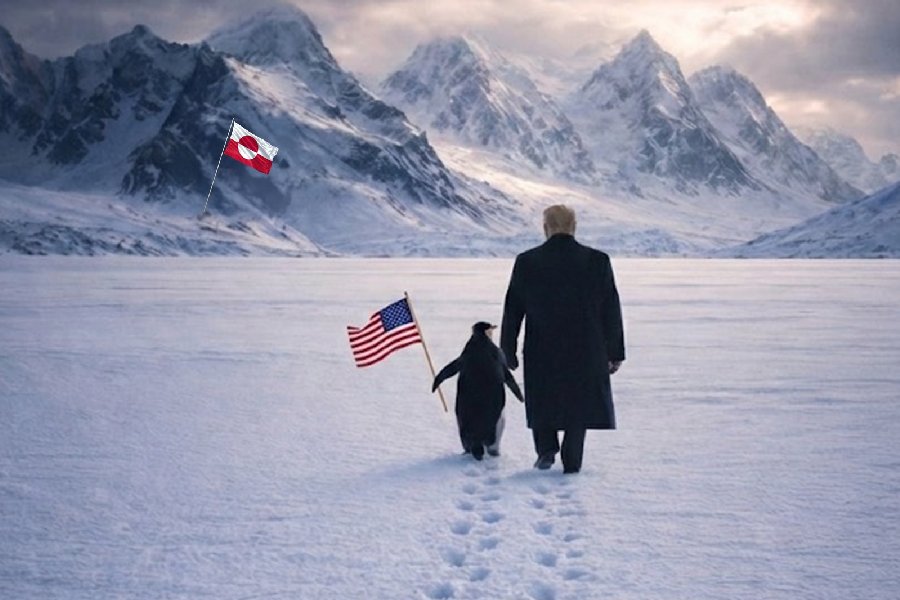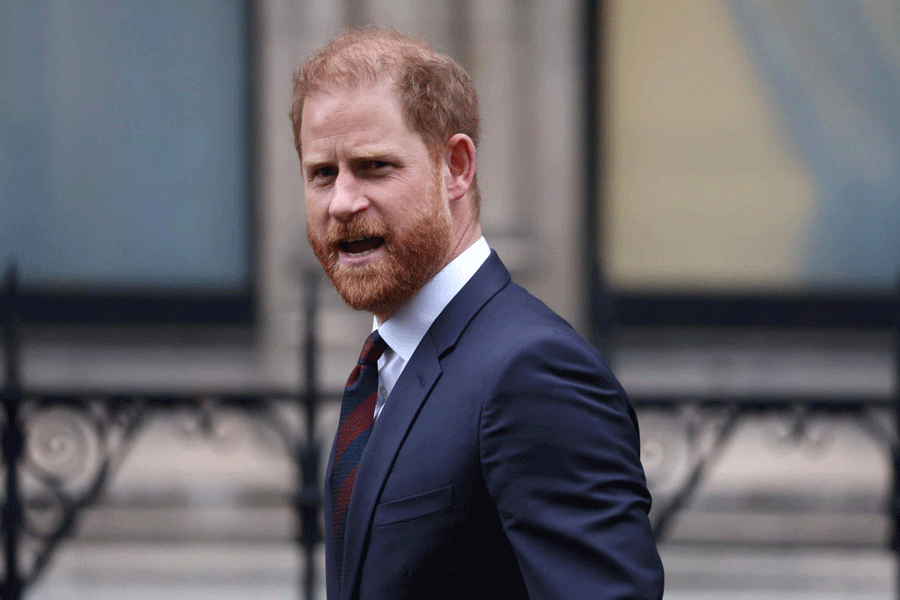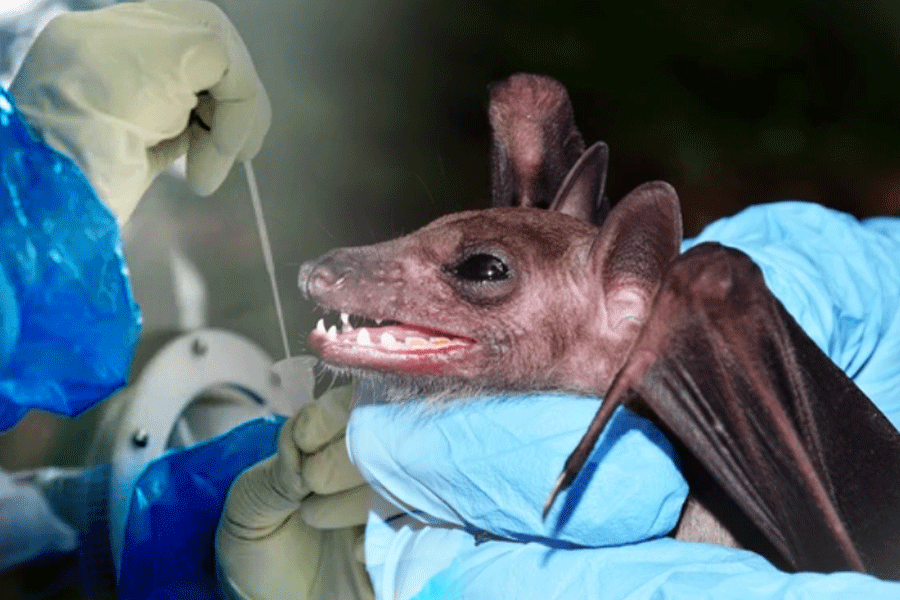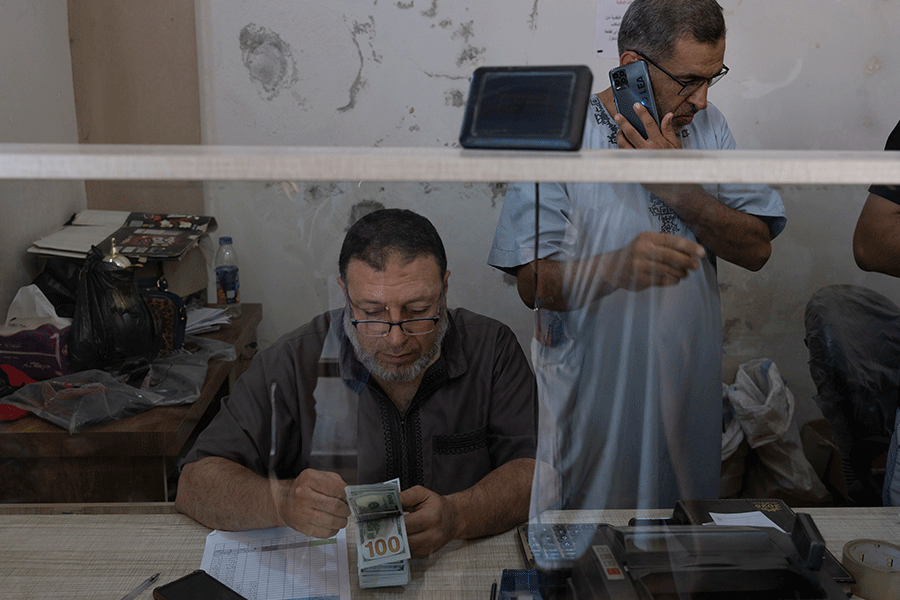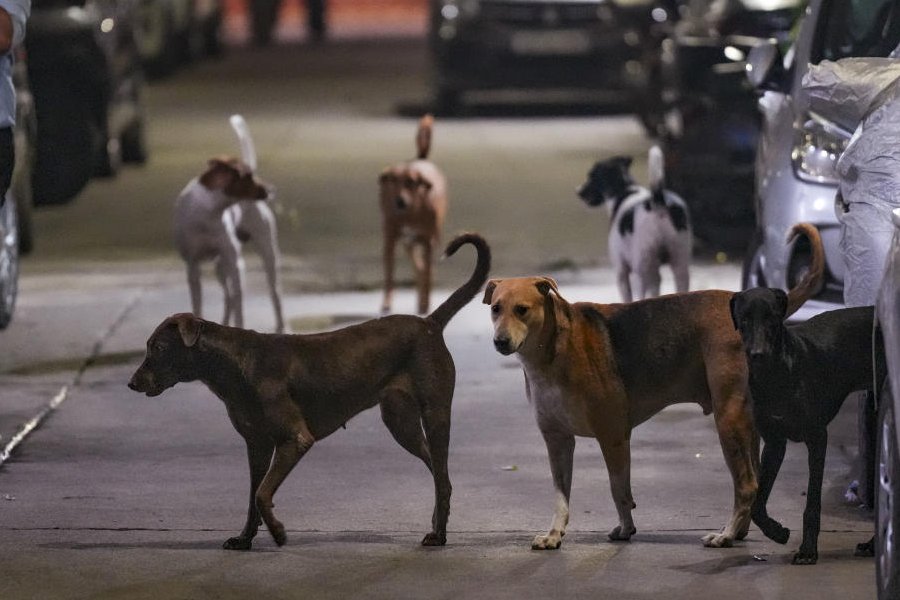There is always a peculiar thrill in hearing that Feluda is back. For Bengalis, it is a promise laced with nostalgia and danger, like Poirot polishing his moustache for another cross-continental puzzle or Holmes picking up the scent of a fresh conspiracy. The real question, however, is never what the mystery is — we know Ray’s stories too well — but rather how the filmmaker will choose to walk us through it.
Srijit Mukherji’s Feluda Pherot — Jawto Kando Kathmandute, streaming on Addatimes, takes on one of Ray’s most beloved novellas, set against the transformed backdrop of Nepal’s capital. Sandip Ray’s telefilm adaptation remains etched in many a Feluda fan’s memory (myself included — I could recite its dialogues line for line). Mukherji, then, is stepping onto hallowed ground.
Mukherji’s greatest gift to the series is his fidelity. He resists the itch to tamper with Ray’s spine. Instead, the shifts he makes are pragmatic: updating the story to contemporary Kathmandu, acknowledging in dialogue the city’s post-2015 earthquake transformations. This is not just clever screenwriting — it frees the adaptation from the burden of re-creating a vanished era. The Kathmandu we see here is one we recognise: chaotic, bruised, but alive. The alleys, temples, and mountains are not just background — they are characters in their own right, silent witnesses to crime and betrayal. The production design and costumes are polished without ever feeling ornamental.
Tota Roy Choudhury’s Feluda strides through the city in leather jackets outdoors, before slipping into his signature kurta-shawl indoors — a lovely balance of modern style and old familiarity. It’s these visual nudges, respectful yet fresh, that remind us Mukherji is intent on pleasing Feluda purists, not offending them.
Of the many actors who have donned Feluda’s shoes, Tota Roy Choudhury now feels closest to the textbook. His Feluda is lean, fit, utterly believable, and not just in the intellectual sense — there is physicality here. A brief exercise routine grounds him in the everyday discipline Ray always hinted at but cinema often overlooked. It makes the character’s presence all the more authentic. He looks like a man capable of chasing down a smuggler as much as solving a cypher. The climax underlines this: when Feluda finally springs into action, Tota performs with the ease and conviction of someone who has lived in the character’s body for a long time. It’s sharp, efficient, and quietly thrilling.
Kalpan Mitra’s Topshe does exactly what Topshe must do: anchor the story in earnestness, narrate with reliability, and complement Jatayu without clamour. Their chemistry is smooth, unobtrusive, and reassuring.
But it is Anirban Chakrabarti’s Jatayu who once again wins hearts. Comic timing is his second skin, but what stood out this time was a moment of genuine risk: dosed with LSD by Maganlal, he begins to hallucinate and ramble, talking nonsense that at first provokes laughter but soon shifts into something more troubling — a serious cause for alarm rather than mere comic relief. In lesser hands, the scene could easily have tipped into excess. Anirban, however, balances it with just the right measure, making it both entertaining and unsettling.
And then there is Maganlal Meghraj. Here, comparisons to Utpal Dutt are unfair, even sacrilegious. What Kharaj Mukherjee does, wisely, is not imitate but reinvent. His Maganlal is menacing in an entirely new register, charming and chilling at once. The final flashback, late in the series, is the sort of performance beat that lingers after the credits. In a show designed for Feluda’s triumphs, it is Maganlal’s presence that unexpectedly dominates the room.
If there is one department that feels uneven, it is the camerawork. The handheld style is a fresh choice for Feluda, but at times it wobbles a little more than it needs to, and a few scene stagings feel too straightforward. These are not deal-breakers, but they slightly dim the otherwise immersive spell.
The music, meanwhile, is a mixed bag. The title track — already a fan favourite — returns and still carries its charm, but the background score occasionally feels too generic, lacking the distinct personality one expects from a Feluda adventure. A touch more scale here would have elevated the suspense. Still, these are minor quibbles in a series that, for the most part, hits the notes it sets out to play.
The real joy of this series lies not only in the mystery but in the bond of the “three musketeers.” There is a quietly touching scene where Feluda sits dejected after Jatayu is humiliated by Maganlal — a pause in the action, a moment of warmth. By the climax, when Feluda avenges that insult, the payoff is not just narrative but emotional. It reminds us that beneath the puzzles and chases, these stories endure because they are about friendship, loyalty, and the small triumphs of dignity.
Jawto Kando Kathmandute is, in the end, fan service — but done with care, style, and intelligence. It will appeal to all audiences — the story is too gripping to feel dated — but for those who grew up with Feluda, it carries a special electricity. Is it Srijit Mukherji’s best Feluda? For me, that crown still belongs to Chhinnomostar Obhishaap. But as a closing chapter to his run with the detective, this Kathmandu case is both satisfying and sincere. It does not reinvent Feluda, but it honours him — and in doing so, honours us, the loyal readers who still feel that familiar thrill whenever Feluda lights a Charminar and prepares for the chase. Or, as Tota himself put it in a recent interview when asked about the delay in release: Old rice only swells richer when cooked.

